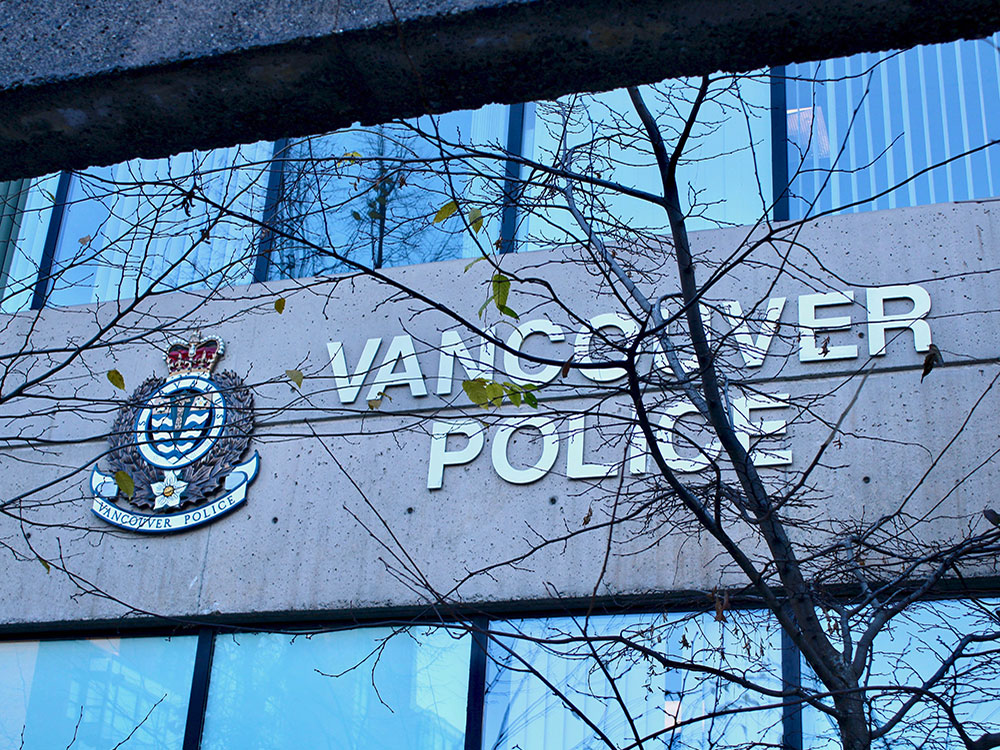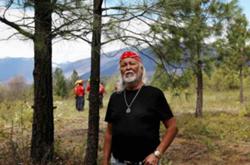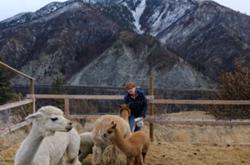Between 2012 and 2019, the Vancouver Police Department conducted an average of 8,000 street checks per year, stopping people and questioning them or asking to see their identification.
In 2022, that number was down to just eight.
The policing practice has been under scrutiny across Canada for years. In Vancouver, a 2018 Globe and Mail analysis highlighted that Black and Indigenous people — and especially Indigenous women — were disproportionately targeted by street checks.
From 2012 to 2019, 14 to 16 per cent of the people street-checked in Vancouver every year have been Indigenous, although Indigenous people make up just 2.2 per cent of the population.
From 2012 to 2019, between four and 5.9 per cent of people street checked have been Black, despite making up just one per cent of the population.
A street check, also known as carding, is when police stop someone who is not part of a criminal investigation and question them about their activities or ask to see identification. Sometimes the information is entered into a police database.
Street check numbers have fallen steadily ever since a new provincial policing standard was adopted in January 2020. That standard requires police departments to do annual audits of the number of street checks officers are doing and determine whether the rationale for the checks are justified.
The VPD’s current policy for street checks states that police stops can’t be based on “identity factors” and can’t be arbitrary. Officers are supposed to take steps to “ensure the interaction with the person is voluntary.” If officers ask for identification, they are supposed to tell the person why they need the information.
The street check policy does not apply to traffic stops.
According to the VPD’s audit of street checks for 2022, a total of 16 people were stopped during eight street checks. Seven of the checks were to check on a person’s well-being while one was because of concerns about property crime.
But not everyone is convinced police have actually ended the practice. Tonye Aganaba, a criminalization and policy campaigner with Pivot Legal, said they still witness police stopping people and asking questions about their identity without informing them they do not have to answer.
Aganaba said they’ve seen interactions that appear to be street checks while working with unhoused people who live in a tent encampment along East Hastings Street. Police and city workers regularly clear tents and tell people to move away from the area.
“We all know that [police] are still stopping people — they’re just not writing it down,” Aganaba said. They’d like to see police inform people they have the right to walk away from a police interaction if it is not part of a criminal investigation.
Civil liberty advocates have pushed for street checks to be ended entirely, saying they are not legal. But police say they do have the legal authority to do the stops and they are still necessary for certain situations.
VPD Chief Adam Palmer said examples of times police officers need to continue to do street checks include checking on an unresponsive person who could have overdosed, or stopping someone wearing a balaclava and gloves who runs away when they see police officers approaching.
The VPD’s audit report on street checks notes that New Westminster police did zero street checks in 2021 and 2022, while police in Delta conducted 79 street checks in 2020 and 45 in 2021. ![]()
Read more: Rights + Justice, Municipal Politics

















Tyee Commenting Guidelines
Comments that violate guidelines risk being deleted, and violations may result in a temporary or permanent user ban. Maintain the spirit of good conversation to stay in the discussion.
*Please note The Tyee is not a forum for spreading misinformation about COVID-19, denying its existence or minimizing its risk to public health.
Do:
Do not: